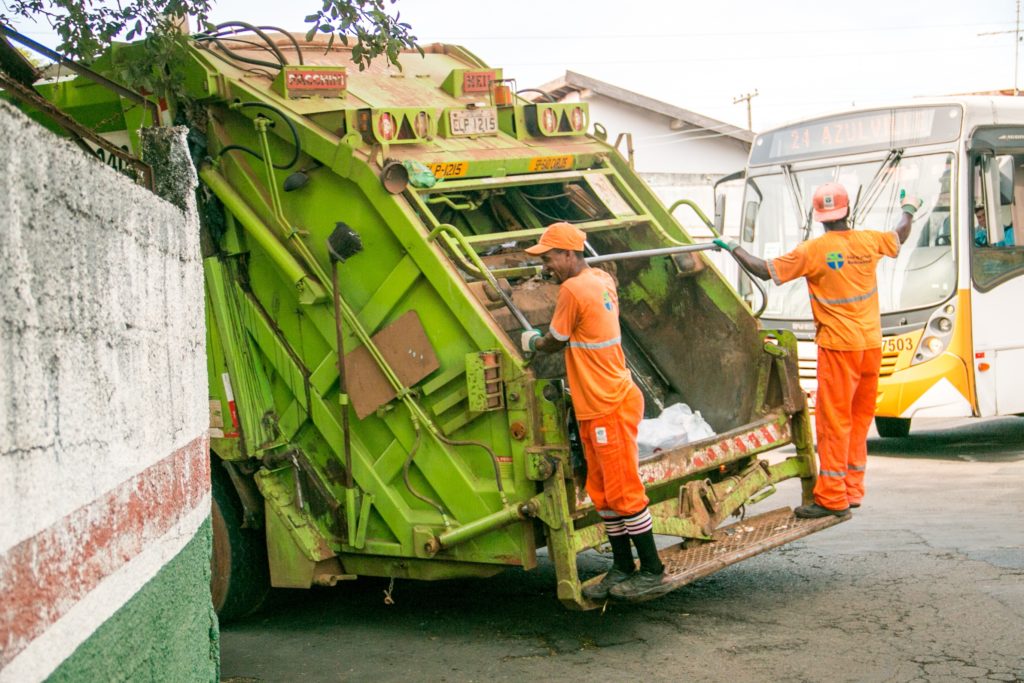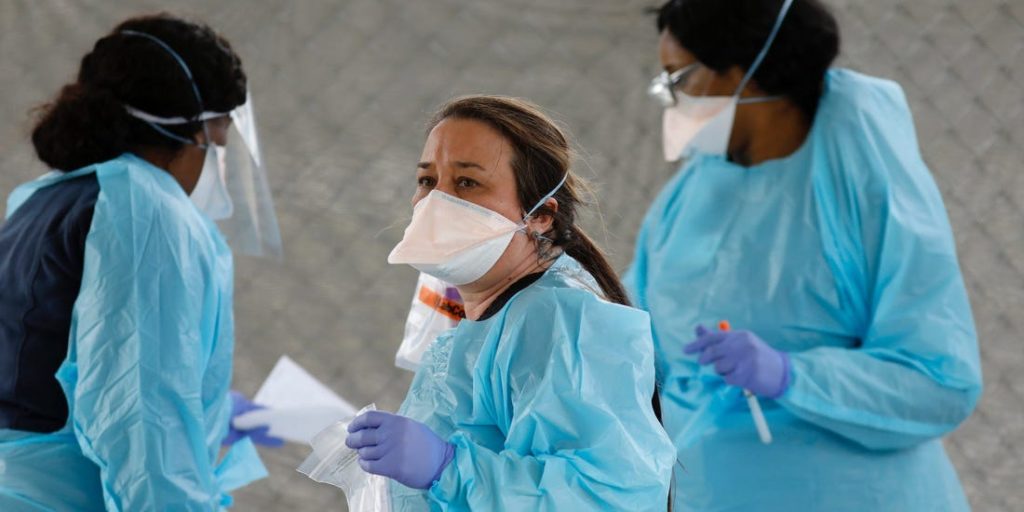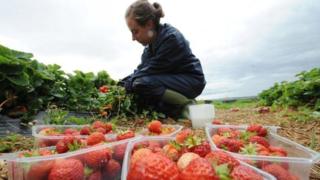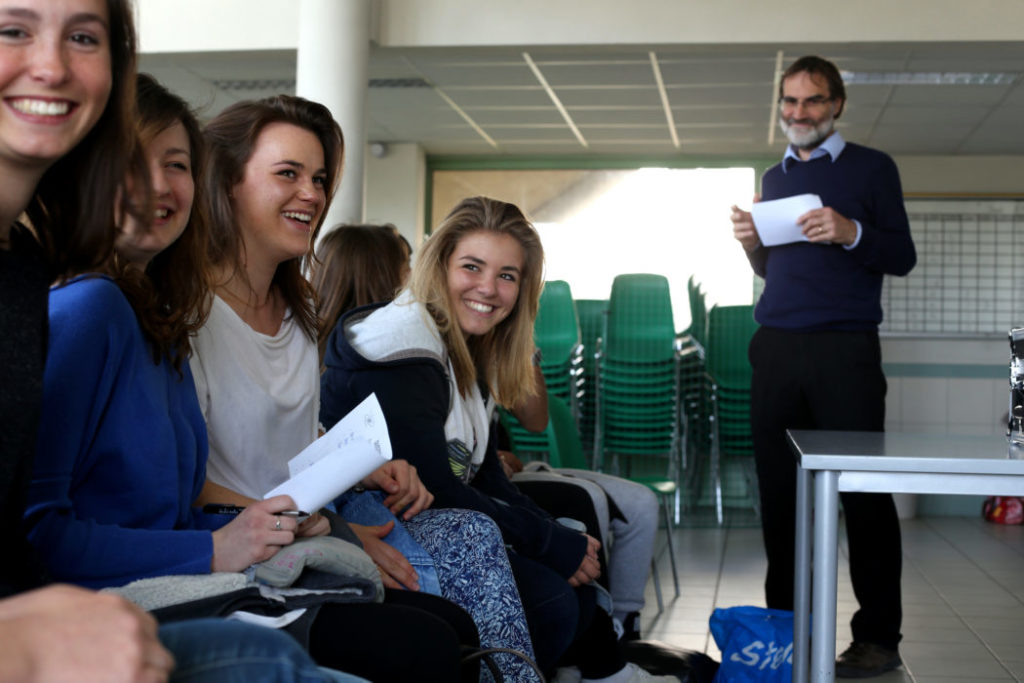Rethinking work during Covid-19 times
At Sparknews, we believe that they can also be great opportunities to adapt and rethink our relations with the world. As a team who wants to ignite new narratives that can accelerate the ecological and social transition, we can’t avoid asking ourselves what will be the shape of the global collective story emerging from the current worldwide sanitary emergency. In this week #SparkMinute, let’s focus on work with local examples of solidarity, of businesses rethinking their models, and of articles and opinions that can nourish our imagination.

Workin’ For a Livin or is it the opposite?

When organizations walk the extra mile
The European Union has announced a Covid-19 ‘Marshall plan’ — a €100 billion relief initiative to save jobs amid the coronavirus crisis. The European Commission’s president, Ursula von der Leyen, is proposing to borrow from the international markets and give loans to member states’ governments to allow them to fund short-time employment schemes. Read more in The Guardian.
What if people who usually have a 30-minutes commute to work or longer could get free housing closer to their jobs? Airbnb is putting careers who have to work far from home in touch with individuals whose homes are empty — and close to hospitals.The scheme has so far helped nearly 6,000 healthcare staff across both France and Italy. Learn more in this article by RFI.
While the United States health industry has been under severe criticism due to possible wage cuts during the coronavirus pandemic, thousands of state health care workers in Massachusetts will get a temporary boost in pay now that the state and unions have reached an agreement. About 6,500 frontline health care workers who have a higher risk of contracting the virus due to the nature of their jobs will benefit from these raises. Check out the full report by NBC.
In the wake of the economic distress caused by the health crisis, many countries are thinking about providing a universal basic income as soon as possible — an idea that has the support of Pope Francis. The Italian government is considering an ‘emergency income’ scheme extended to all nonsalaried workers, such as freelancers, while Indiafaces similar interrogations. A similar experiment has already proved its worth in Stockton, in the United States.

Local initiatives against global disorder
Now that work schedules do no longer include spending time in public transports —contagion hot-spots—, some are loaning their bicycles to caregivers until the end of confinement.Transportation Alternative’s #BikeMatch program is a simple Google doc that helps connect New Yorkers who have spare bicycles lying around in their apartments with first responders who need bikes to avoid crowded transit commutes.

Let’s imagine further
On The Guardian, the writer, historian and activist Rebecca Solnit explains what can the coronavirus teach us about hope. As change is no longer just possible, but inevitable, she offers a new stance on what shapes our economy today. Not only does she take down the injunction to be productive, she also defends that “As we struggled to learn the science and statistics of this terrible scourge, our psyches were doing something equivalent [to a growth spurt]. We were adjusting to the profound social and economic changes, studying the lessons disasters teach, equipping ourselves for an unanticipated world.” Read more on The Guardian.

At Sparknews, are convinced that the coronavirus global outbreak will lead us to draw valuable lessons about our globalized economic system. Whether on matters like education, solidarity, biodiversity or our way of work, it will be up to us to return to the status quo once the health crisis is over, or to reshape everything. Discover our #SparkMinute on education, energy, and food.




